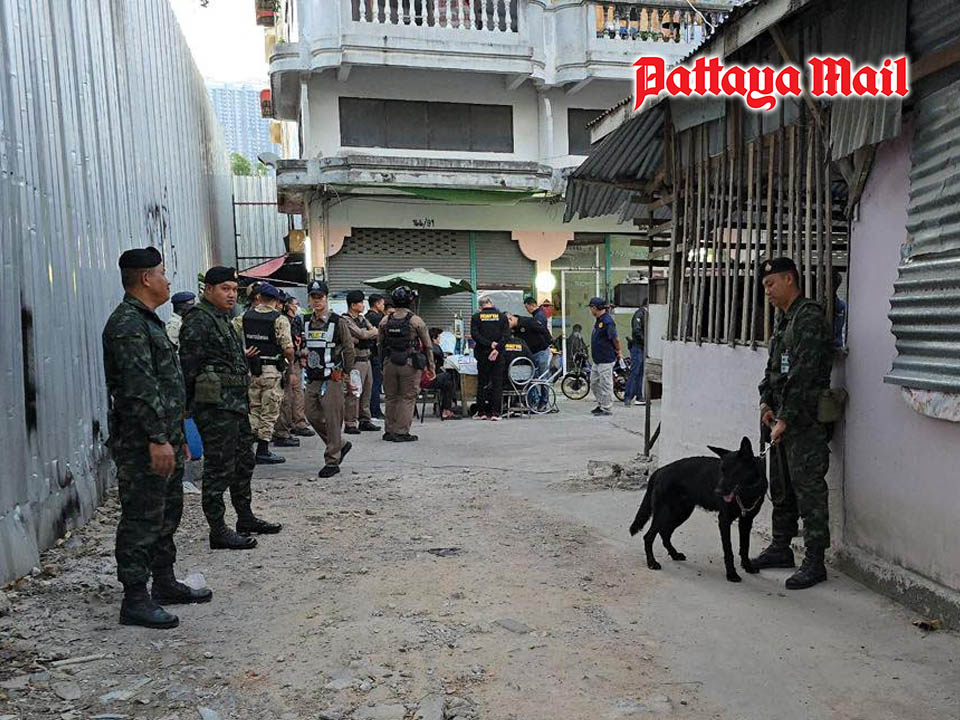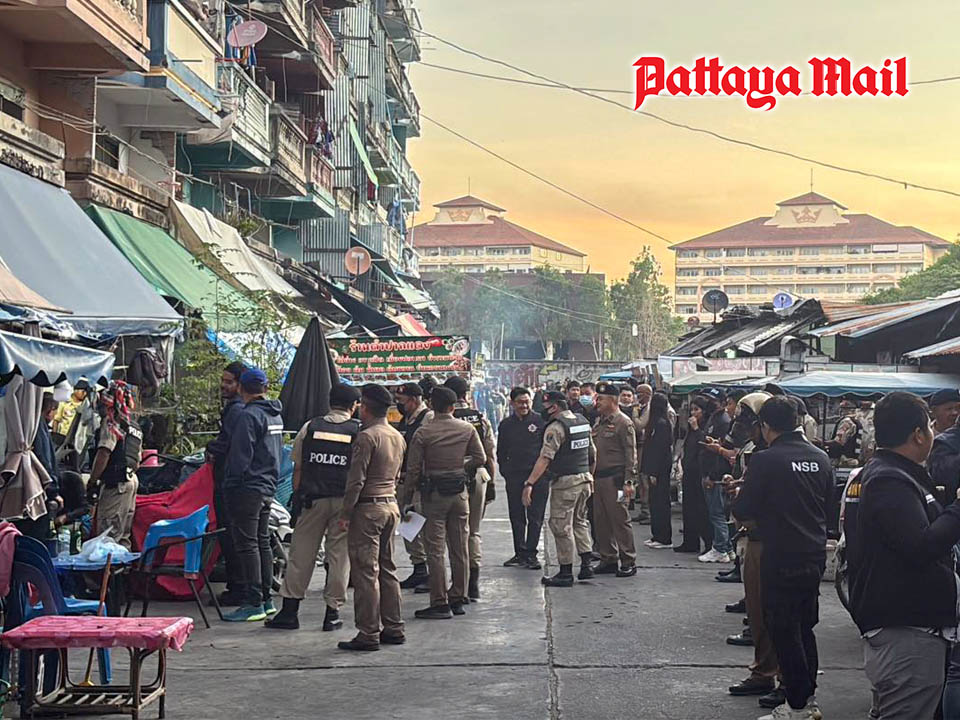
PATTAYA, Thailand – Pattaya, once celebrated as a vibrant tourist destination known for its beautiful beaches, lively entertainment, and welcoming atmosphere, has faced challenges in recent years that threaten its image. The city, which draws millions of visitors annually, is increasingly grappling with issues related to illegal workers and the rise of drug-related activities. Here’s how Pattaya went from being a beautiful tourist hub to a city struggling with these social concerns:
Growth of the Informal Economy
Pattaya’s rapid development as a tourism hotspot led to a surge in demand for low-cost labor, especially in the hospitality and service industries. With a significant portion of the population relying on the informal economy, many businesses turned to illegal workers who were either undocumented migrants or those working without proper permits. This lack of regulation has led to increased exploitation and the erosion of legal job markets for local workers.
Increase in Illegal Immigration
Thailand’s porous borders, especially with neighboring countries like Myanmar, Cambodia, and Laos, have made it easy for illegal immigrants to enter Pattaya in search of work. These migrants often find employment in sectors that do not require much skill or qualification, such as construction, street vending, or low-wage labor. Many of these workers live in substandard conditions, contributing to the city’s informal economy but also fueling social problems.
Drug Abuse and the Nightlife Culture
Pattaya is known for its bustling nightlife, which attracts tourists looking for entertainment and excitement. However, this has also created an environment where drug use, particularly among tourists and local residents, has flourished. The city’s reputation as a party destination has led to an influx of illegal substances like methamphetamines, marijuana, and synthetic drugs, often trafficked and distributed by local and international criminal groups.

Weak Enforcement of Laws
While the Thai government and local authorities have made efforts to combat illegal activities, law enforcement in Pattaya has often been criticized for being ineffective or turning a blind eye to certain issues. Corruption, resource limitations, and the prioritization of tourism revenue over stricter enforcement have created an environment where illegal workers and drug dealers can operate with relative impunity.
Tourist Dependency and Perceived Tolerance
Pattaya’s reliance on tourism revenue has led to a certain level of tolerance towards activities that might be considered illegal elsewhere. The city’s economy thrives on catering to a wide range of international visitors, some of whom may engage in or seek out illegal activities. This perceived tolerance has fostered an environment where illegal behavior, whether related to drug use or exploitation of workers, is more visible.
Social and Cultural Issues
The influx of tourists from different parts of the world has also brought diverse social and cultural challenges. Issues such as human trafficking, exploitation of women in the sex trade, and the rise in illegal drug sales have become endemic in certain parts of the city. These social issues are deeply rooted in Pattaya’s economy and lifestyle, making them difficult to eradicate.

The Path Forward
While Pattaya’s struggles with illegal workers and drug-related activities are significant, they are not insurmountable. However, addressing these challenges requires comprehensive measures such as stronger law enforcement, better immigration controls, more effective social programs, and a shift in the local tourism model to reduce reliance on industries that perpetuate illegal activities.
In conclusion, while Pattaya remains a beautiful city with much to offer, the complex intersection of tourism, informal labor markets, and weak law enforcement has allowed illegal activities to thrive. Without a significant cultural and structural shift, it will be difficult to reclaim the city’s former status as a premier, law-abiding destination.










